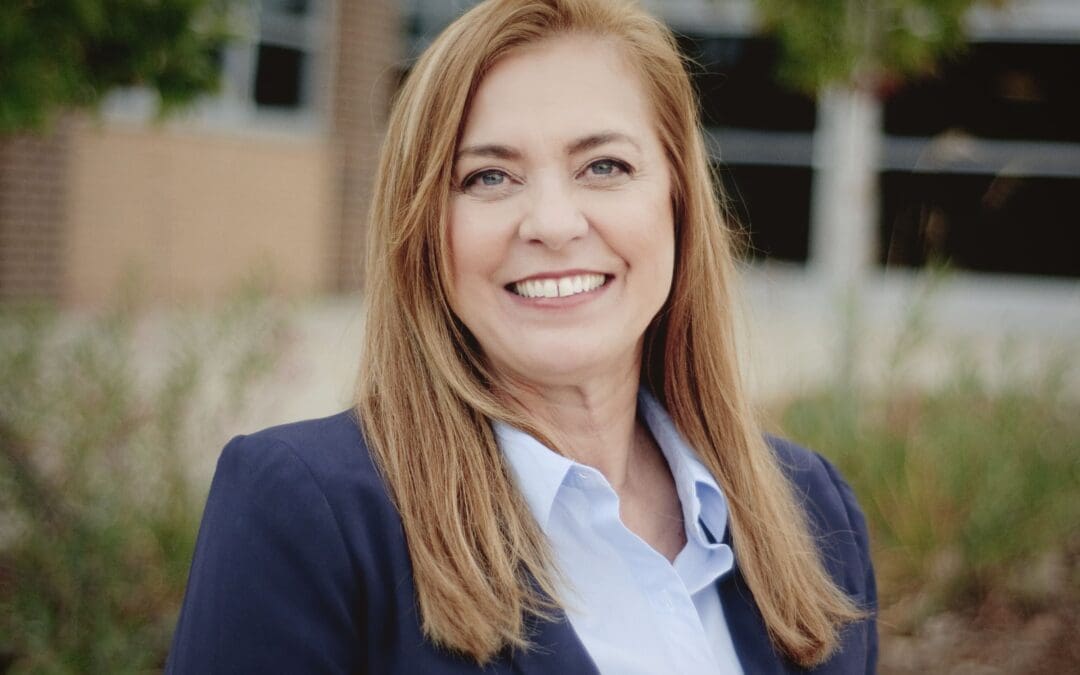Mentoring can have a significant impact on those trying to find success in their fields and can help open doors. Healthcare Leadership Academic Director, Dr. Bobbie Kite, feels that mentoring is valuable for students and can pair students up with a faculty mentor on a needed basis.
“The University College Healthcare Leadership program is more than curricula, it is about providing students with mentorship and internship opportunities to meet both their professional and academic needs,” said Dr. Kite.
Healthcare faculty Maureen West has been mentoring Healthcare Leadership students for a while, and we asked her what advice she has for students who are interested in seeking a mentorship.
How long have you been teaching at University College and what courses do you teach?
I have been teaching at the University College since 2014. I teach Healthcare Public Policy and the Legislative Process since 2014. I also teach Legal Issues in Global Healthcare Management. I thoroughly enjoy teaching both classes.
What advice do you have for a student who is interested in having a mentor?
I would have them ask themselves, why not? Usually, the first thing that comes to mind is that they are too busy for mentoring. But there are some things that it’s wise to make time for and mentoring is one of them. It’s good to have someone that is sincerely interested in your academic welfare (or they wouldn’t have signed up to be a mentor). It’s helpful to have someone to turn to for advice or direction. It’s not inexpensive to attend college and mentoring really helps students make the most out of their academic experience. And, I think it’s good for a student to be around someone who enjoys what they do and is enthusiastic about it. It’s encouraging.
How should students establish a relationship with a faculty member that would potentially lead to a mentorship?
I think a student should find a faculty member that “walks the talk” in terms of the faculty member demonstrating commitment to an open door policy. If the faculty member shows sincere interest, is approachable, listens and invites the student to contact them and follows up on correspondence in a timely manner, then I think the student can reasonably interpret that this faculty member is a person who is committed to supporting students, and not only interested in advancing their career.
What should students expect before asking for a mentor? (i.e., time commitment)
It’s not a secret that students and faculty members are very busy people. I think the student and the faculty member need to personally meet at first, and then if most of the time spent in the relationship takes place via emails or phone calls, that’s fine. And there is nothing wrong with setting parameters for the amount of time that you will meet or talk on the phone. Saying “I have 15 minutes to talk” is perfectly acceptable and actually takes a lot of pressure off of everyone because then they are making realistic time commitments.
What types of questions should students ask faculty to know if they are the right mentor for them?
One approach is to have the student look at the circumstances of their life and find a mentor who relates. For example, if the student is a mother who is raising children while attending college, it may be helpful for the mentor to find someone who relates to these challenges and can offer support and encouragement.
On the other hand, the student may strictly want direction regarding class choices, career direction, advice about how to effectively network, etc. The student should look at what they think would be most beneficial to them and focus on that one thing where they can use support.
Are you a Healthcare Leadership student interested in finding a mentor? Please inquire with Dr. Bobbie Kite at bobbie.kite@du.edu to learn more.

